Charles S. Mellon: An Innovator in the Iron Foundry Industry
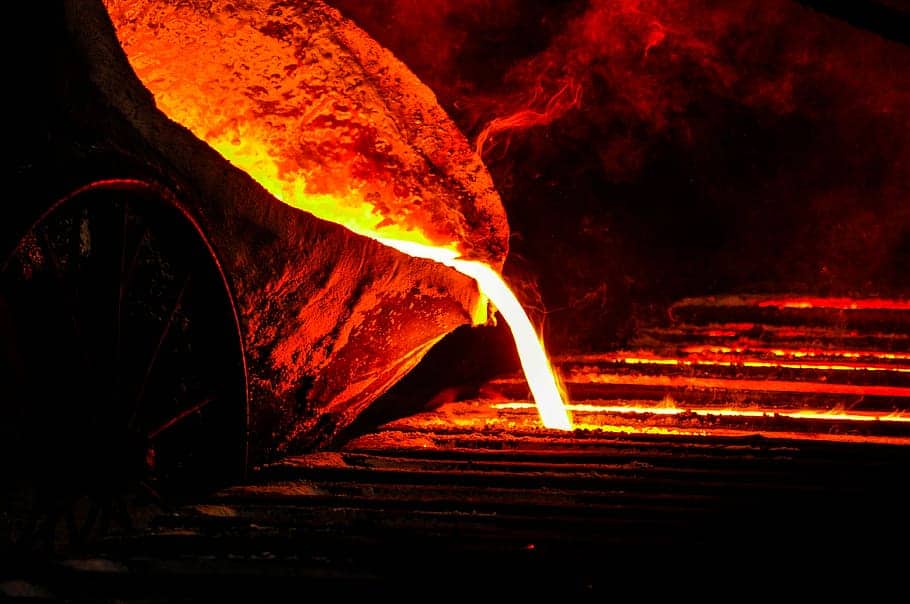
Learn more about Charles Mellon, a prominent figure in the history of the American iron foundry.
Charles S. Mellen was noteworthy in the development of the iron foundry industry in the United States during the late 19th and early 20th centuries. Mellen was born in Lowell, Massachusetts in 1852, and began his career in the railroad industry as a telegraph operator. He quickly worked his way up the ranks, and by the age of 30, he was appointed general superintendent of the Union Pacific Railroad. Mellen’s success in the railroad industry led him to become involved in the iron foundry industry, where he became known as a key figure in the development of iron foundries throughout the United States.
Mellon Develops His Relationship with the Iron Foundry
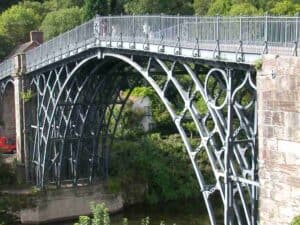 Iron foundries are facilities that specialize in the production of iron castings. Cast iron is a material that has been used for thousands of years, and it has been an important component in the construction of many of the world’s most iconic buildings and structures. In the United States, iron foundries played a crucial role in the development of the country’s infrastructure, as they were responsible for producing the iron parts that were used in everything from bridges and buildings to trains and ships.
Iron foundries are facilities that specialize in the production of iron castings. Cast iron is a material that has been used for thousands of years, and it has been an important component in the construction of many of the world’s most iconic buildings and structures. In the United States, iron foundries played a crucial role in the development of the country’s infrastructure, as they were responsible for producing the iron parts that were used in everything from bridges and buildings to trains and ships.Mellen’s involvement in the iron foundry industry began in the late 1800s when he became interested in the potential of cast iron to revolutionize the railroad industry. Cast iron had already been used for years in the production of locomotive parts, but Mellen saw an opportunity to expand its use to other areas of the railroad industry. He believed that by using cast iron for everything from track components to bridges, he could create a more efficient and cost-effective railroad system.
Ironclad Investments
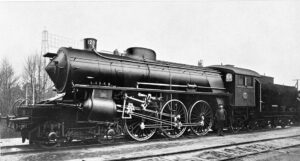 To achieve his goal, Mellen began investing heavily in iron foundries. He purchased several foundries throughout the country, including the Vermont Iron Foundry, which he acquired in 1891. Mellen also established his own foundries, including the American Locomotive Company, which he created in 1901. These foundries were state-of-the-art facilities that used the latest technology and techniques to produce high-quality iron castings.
To achieve his goal, Mellen began investing heavily in iron foundries. He purchased several foundries throughout the country, including the Vermont Iron Foundry, which he acquired in 1891. Mellen also established his own foundries, including the American Locomotive Company, which he created in 1901. These foundries were state-of-the-art facilities that used the latest technology and techniques to produce high-quality iron castings.Mellen’s investment in the iron foundry industry paid off, and he soon became one of the most successful iron foundry owners in the country. His foundries produced everything from locomotive parts to ship components, and they were used in some of the most important construction projects of the time. Mellen’s cast iron products were used in the construction of the Brooklyn Bridge, the Eads Bridge, and the Washington Monument, among many others.
Innovations and Successes
Mellen’s success in the iron foundry industry was due in part to his innovative approach to production. He was one of the first foundry owners to embrace the use of electricity in the production process. He also invested heavily in research and development, and his foundries were constantly exploring new techniques and materials to improve the quality and durability of their cast iron products.
Mellen’s influence on the iron foundry industry extended beyond his own facilities. He was a key figure in the development of the National Founders Association, which was established in 1900 to promote the interests of iron foundries throughout the country. Mellen served as the association’s first president, and he was instrumental in its growth and success.
Building a Legacy In Spite of Controversy
Despite his many successes, Mellen’s career was not without controversy. He was known for his aggressive business tactics, and he was involved in several high-profile legal battles over the course of his career. In 1913, he was forced to resign from his position as president of the New York, New Haven and Hartford Railroad following allegations of financial impropriety.
Today, Mellen’s legacy in the iron foundry industry lives on. His innovative approach to production helped to transform the industry, and his cast iron products continue to be used in construction projects around the world. Iron foundries remain an important part of the manufacturing landscape, producing everything from automotive parts to agricultural equipment. In recent years, the iron foundry industry has faced new challenges, such as increased competition from overseas manufacturers and environmental regulations aimed at reducing the industry’s carbon footprint. However, iron foundries continue to play a critical role in the manufacturing sector, and their products are essential components in a wide range of industries.
A Pioneer Spirit
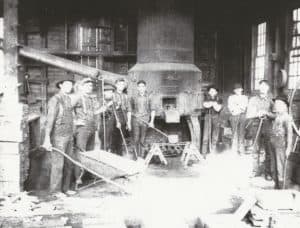 The iron foundry industry has undergone significant changes since Charles S. Mellen’s time. However, his legacy as a pioneer in the industry lives on and challenges us at Willman to become a better foundry! His investments in research and development gave us an example for our own company. His embrace of new technology encourages us to look to future innovations to make our company strong. His commitment to quality continues to inspire our iron foundry to strengthen our own commitment to never compromise!
The iron foundry industry has undergone significant changes since Charles S. Mellen’s time. However, his legacy as a pioneer in the industry lives on and challenges us at Willman to become a better foundry! His investments in research and development gave us an example for our own company. His embrace of new technology encourages us to look to future innovations to make our company strong. His commitment to quality continues to inspire our iron foundry to strengthen our own commitment to never compromise!While the industry may face new challenges in the years ahead, it is clear that the iron foundry will remain an important part of the manufacturing sector for many years to come. For those interested in learning more about the iron foundry industry and its history, many resources are available. Trade associations such as the American Foundry Society and the National Association of Manufacturers provide information and resources for those involved in the industry. Additionally, there are many books and articles that detail the history of the iron foundry industry and its impact on the United States and the world.
Mellon Inspires Us Today
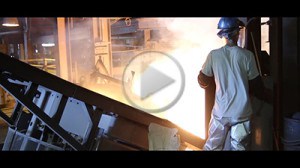 Charles S. Mellen played a pivotal role in the development of the iron foundry industry in the United States. His investments in research and development, his embrace of new technology, and his commitment to quality helped to transform the industry and make it an essential part of the manufacturing sector. While the industry faces new challenges today, it is clear that the iron foundry will continue to be a critical component in the production of everything from bridges and buildings to trains and ships.
Charles S. Mellen played a pivotal role in the development of the iron foundry industry in the United States. His investments in research and development, his embrace of new technology, and his commitment to quality helped to transform the industry and make it an essential part of the manufacturing sector. While the industry faces new challenges today, it is clear that the iron foundry will continue to be a critical component in the production of everything from bridges and buildings to trains and ships.Choose Willman Today
Willman Industries has consistently strived for excellence in the quality of the parts that we produce. Our pride is to provide the best quality product when you need it. Contact us today to find out what we can do for you! One of our engineers will walk you through our process and get you a free quote!

